The landscape of education and learning has evolved significantly in recent years, driven by technological advancements, changing societal needs, and a growing understanding of how people learn best. With the advent of the digital age, modern learning has become more accessible, flexible, and engaging than ever before. In this article, we will explore six essential resources for modern learning, which are helping individuals of all ages and backgrounds acquire knowledge and skills in innovative and effective ways.
Online Courses and E-Learning Platforms
Online courses and e-learning platforms have revolutionized education by providing access to a wide range of subjects and skills from the comfort of your home. These platforms offer courses on virtually every topic imaginable, from coding and graphic design to history and literature. Some of the most popular e-learning platforms include Coursera, edX, Udemy, and Khan Academy. These courses often come with interactive assignments, quizzes, and peer-to-peer discussions, making learning more engaging and flexible.
LIBT’s LIKE Centre has harnessed the transformative power of online courses and e-learning platforms to design flexible, skill-focused courses that cater to individuals seeking both skill enhancement and higher education degrees. Leveraging the OpenEx platform, LIBT has curated a comprehensive selection of online courses, empowering learners to access a diverse array of subjects, from finance and marketing to management and entrepreneurship to education, tourism and healthcare, all within the convenience of their own environments.
The advantages of online courses and e-learning platforms include the ability to learn at your own pace, choose the courses that interest you the most, and receive certificates or degrees upon completion. This flexibility is especially beneficial for working professionals, students, and lifelong learners who may not have the time or resources to attend traditional in-person classes.
Open Educational Resources (OER)
Open Educational Resources (OER) are educational materials that are freely available for anyone to use, modify, and share. These resources include textbooks, videos, simulations, and more. OER promotes accessibility and affordability in education by reducing or eliminating the cost of traditional textbooks and course materials.
Platforms like OpenStax, MIT OpenCourseWare, and the Open Textbook Library offer high-quality OER materials that cover a wide range of subjects. OER empowers educators to customize their teaching materials, adapt them to their students’ needs, and keep their course content up-to-date. Aligning with this objective, LIBT is actively engaged in developing an open-access journal, aligning with the principles of Open Educational Resources (OER) for use, modification, and sharing, and this underscores LIBT’s commitment to democratizing knowledge and enhancing academic quality. Much like OER’s mission to make education accessible and affordable, LIBT’s open access journal will provide a platform for the dissemination of scholarly research, fostering free access to knowledge while promoting the academic rigor and quality that characterizes the institution.
This initiative encapsulates LIBT’s role in bridging the gap in education accessibility and affordability by nurturing a community of free, high-quality academic resources and therefore leading to democratization of educational content.
Educational Apps and Games
Mobile apps and educational games have made learning not only accessible but also enjoyable. These resources are particularly effective for children and adults looking to enhance their skills in a fun and engaging way. Whether it’s language learning apps like Duolingo, science-based games like Kerbal Space Program, or math puzzles like Prodigy, there’s an educational app or game for every interest. Higher education institutions can leverage mobile apps and educational games to enhance learning and engagement in a variety of ways.
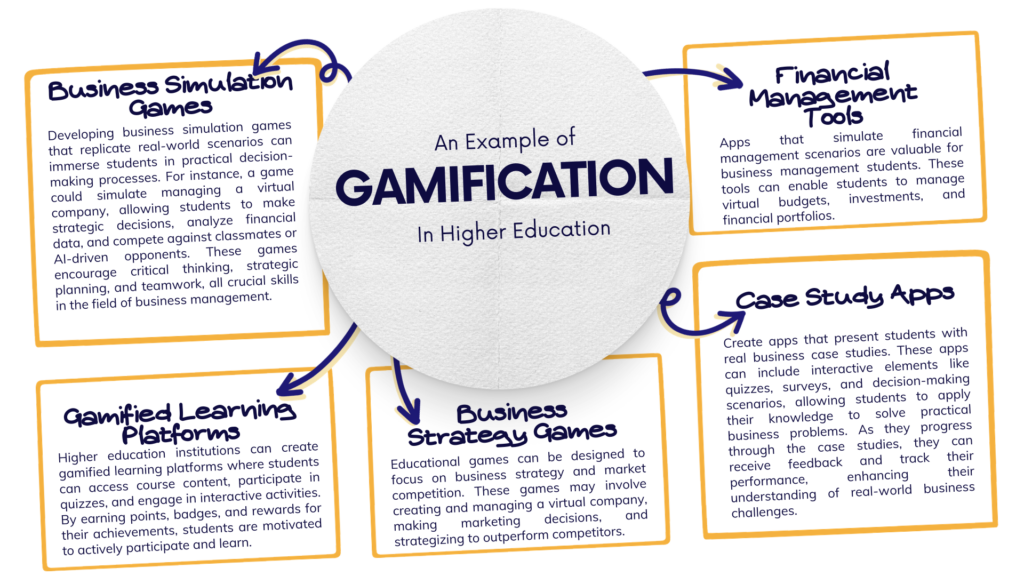
The gamification of education enhances motivation and retention, as learners are incentivized to progress through challenges, earn rewards, and compete with themselves or others. These resources are not only effective in formal education but also serve as valuable tools for self-directed learning and skill development.
Massive Open Online Courses (MOOCs)
Massive Open Online Courses, or MOOCs, have become a significant part of modern learning. These courses are typically offered by universities, organizations, or experts and are accessible to a vast number of students worldwide. MOOC platforms like Coursera and edX offer courses from top universities and institutions, often at a fraction of the cost of traditional college tuition.
In this regard, LIBT too is committed to democratizing education and enhancing accessibility by developing free modules on the edX platform. Through platforms like edX, students can pursue recognized certificates and degrees without the constraints of physical attendance and at a fraction of the cost of traditional college tuition. These flexible, self-paced courses align with LIBT’s mission to make education accessible to diverse learners from all backgrounds, empowering them to acquire valuable skills and knowledge.
Social Media and Online Communities
Social media platforms and online communities have evolved into hubs for learning and knowledge sharing. Websites like Reddit, Quora, and Stack Exchange provide spaces for people to ask questions, seek advice, and engage in discussions on a wide array of topics. Additionally, platforms like LinkedIn offer access to professional networks and learning resources.
LIBT’s commitment to providing students with a competitive edge in the job market extends to integrating LinkedIn accounts with their courses. By this, students can leverage their backgrounds, experiences, and educational profiles to receive personalized course recommendations that enhance their skills and job market readiness. This innovative approach not only optimizes the learning experience but also automates the evaluation of skill-based credits, determining the number of modules required for graduation. LIBT recognizes that social media platforms and online communities are not just avenues for discussion but invaluable tools in fostering a culture of continuous learning and preparing students for the ever-evolving demands of the job market.
Libraries and Digital Archives
Libraries have been a cornerstone of education for centuries, and in the digital age, they have adapted to offer extensive digital resources. Many libraries now provide access to e-books, scholarly databases, historical archives, and digitized collections. Online libraries like Project Gutenberg, the Internet Archive, and Google Books offer millions of free books and resources.
Digital archives, such as those hosted by museums and universities, provide invaluable resources for research and exploration. Whether you’re a student, researcher, or simply an avid reader, these digital libraries and archives offer easy access to an immense wealth of knowledge.
Conclusion
Modern learning is more accessible, versatile, and engaging than ever, thanks to the diverse resources available to learners of all ages and backgrounds. From online courses and educational apps to OER and social media communities, the opportunities for gaining knowledge and skills are boundless. As we continue to embrace the digital age, these essential resources for modern learning are shaping the way we acquire, apply, and share knowledge in a rapidly evolving world. Embracing these resources can empower individuals to embark on a lifelong journey of discovery and personal growth, transforming education into a lifelong pursuit.
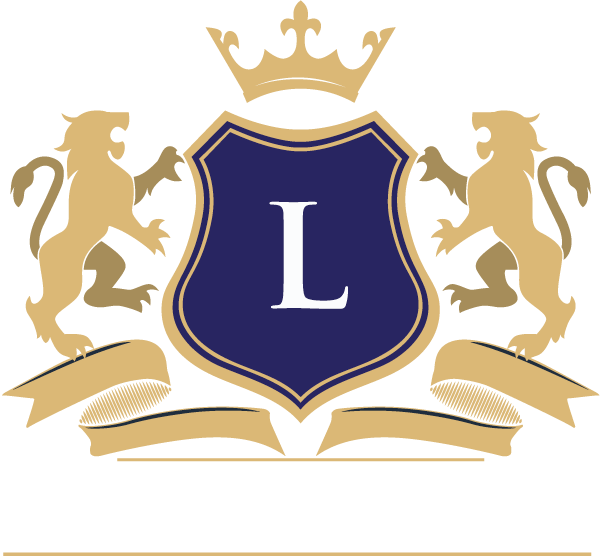

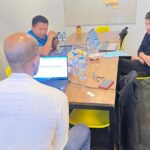

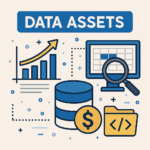
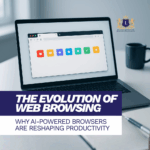
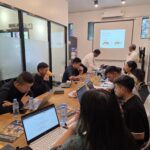
Leave a Reply
You must be logged in to post a comment.